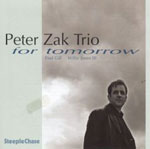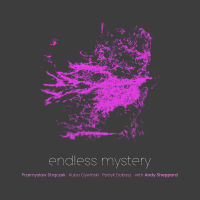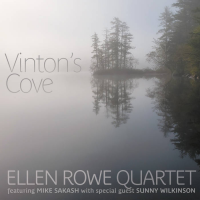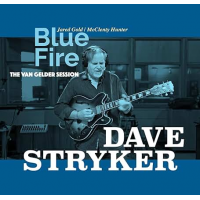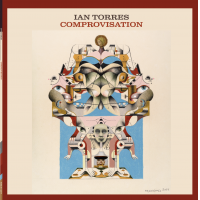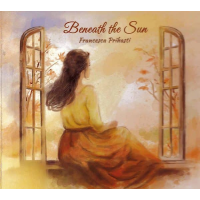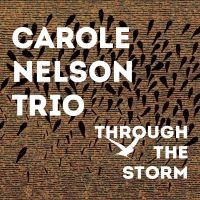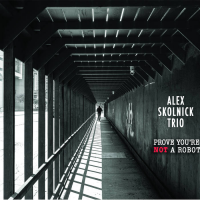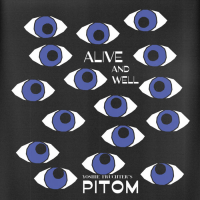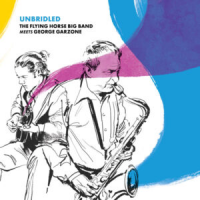Home » Jazz Articles » Album Review » Ben Riley's Monk Legacy Septet: Memories of T
Ben Riley's Monk Legacy Septet: Memories of T
Sacrilege, you say? Well, it's not like it's never been done. John Patitucci's recent trio recording of "Evidence had no keyboards. Also, both Sickler (who invented this unique vision) and Riley (who played with Monk) have long personal and professional ties to the Monk family, so they possess the proper level of reverence for Monk's work; they just don't let that reverence get in the way of presenting eleven classics in a brand new light, substituting the piano with a four-horn front line.
Far from robbing standards like "Rhythm-A-Ning, "Green Chimneys and "Bemsha Swing of their integrity, the horns expand the music's possibilities. Monk's music wasn't just the melody; it was also the "comping —that is, the harmonic and rhythmic support he gave his fellow players. Monk kept his comping off-kilter, eschewing traditional structure to make the final product a little bit different. Sickler and his fellow front-liners take the paradigm to another level, adding power and drama in a style that evokes Mingus as well as Monk.
Cacophany is a constant right out of the gate, starting with the discordant horns on "Let's Call This, which lead to jumping solos by Sickler and guitarist Freddie Bryant. As with the original recordings, the fills make the tunes special, particularly the vibrant color they bring to "Straight, No Chaser ; one line is passed from guitar to trumpet to tenor to baritone so fast that you have to replay the sequence to understand what just flew by you. Jay Brandford's baritone acts as a second percussion instrument on the Monk coda "Epistrophy, and Bryant's solos (which give the proceedings a Grant Green gloss) become starker when placed against the explosive, frenzied backgrounds.
The genius of Monk lay in his ability to go far out on the limb without falling off. Riley and Sickler's twist on Monk takes Memories of T just as far out. Instead of falling, though, the music is buoyed by a divine pandemonium that takes the disc beyond mere repertory. Nobody can ever really speak for Monk, but I have to think he would have approved.
Track Listing
Let
Personnel
Ben Riley
drumsBen Riley: drums; Don Sickler: trumpet; Bruce Williams: alto and soprano saxophone; Wayne Escoffery: tenor saxophone (1,2,4,6,7,9,11); Jimmy Greene: tenor saxophone (3,5,8,10); Jay Brandford: baritone saxophone; Freddie Bryant: guitar; Kiyoshi Kitagawa: bass (1,2,4,6,7,9,11); Peter Washington: bass (3,5,8,10).
Album information
Title: Memories of T | Year Released: 2006 | Record Label: Concord Music Group
Tags
PREVIOUS / NEXT
Support All About Jazz
 All About Jazz has been a pillar of jazz since 1995, championing it as an art form and, more importantly, supporting the musicians who make it. Our enduring commitment has made "AAJ" one of the most culturally important websites of its kind, read by hundreds of thousands of fans, musicians and industry figures every month.
All About Jazz has been a pillar of jazz since 1995, championing it as an art form and, more importantly, supporting the musicians who make it. Our enduring commitment has made "AAJ" one of the most culturally important websites of its kind, read by hundreds of thousands of fans, musicians and industry figures every month.




